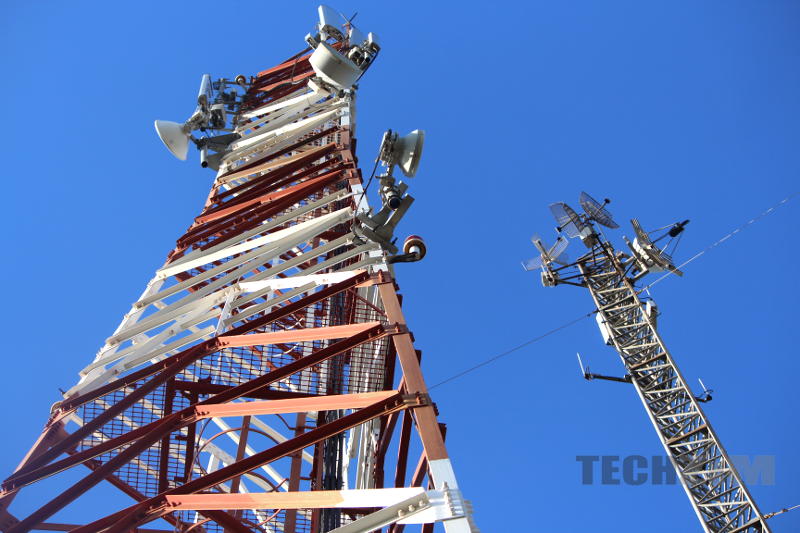2019 was a dark year for Zimbabwe and I mean that in the most literal sense. We had a power crises for over half the year and its impact on small and big business alike was pretty brutal.
For many small businesses the power crisis of last year resulted in closure and larger businesses had to increase the price of their service since delivering the service was much more expensive.
We saw this trend being most evident in the telco industry where the power crisis increased Telecoms companies reliance on generators and thus every month we would see tariffs change to reflect the cost of running on fuel along with the inflation present at the time.
Econet has published its full-year results for the year ending 29 February 2020 and in the report, the company explains the impact of relying on generators on their business;
During the year under review, our service quality and network availability were significantly impacted by power disruptions. Our network, during the peak of load shedding required over 3 million litres of diesel to operate optimally.
Econet further explained that this was extremely cost-inefficient as 1kW of diesel power is 3 times more expensive than 1kW of solar power. The report notes that Econet had to limit the number of base stations that could be operated in this manner and that this had an effect on mobile money services.
Our operational costs increased as we had to constantly service the generators and also run an extensive fleet of fuel refilling tankers to ensure that network availability remained at an acceptable standard.
Going forward Econet is working on becoming more reliant on solar energy which they say will reduce their reliance of local power and along with the need for foreign currency;
Our strategy to implement a clean energy network, driven by solar power is critical as we are cognizant of the power deficit that the country may continue to experience into the foreseeable future. Addressing this challenge will greatly reduce the demand for operational foreign currency, which is a critical national resource
Ultimately whilst revenue increased by 31% from ZW$5.2 billion to ZW$6.8 billion, the company’s profitability took a 4% hit as the EBITDA (earnings before interest, taxes, depreciation and amortization) dropped to ZW$2.7 billion from ZW$2.8 billion.

One response
Econet went on to clarify that this was a highly inefficient use of resources due to the fact that the cost of producing 1 kW of diesel power is three times higher than the cost of producing 1 kW of solar power.